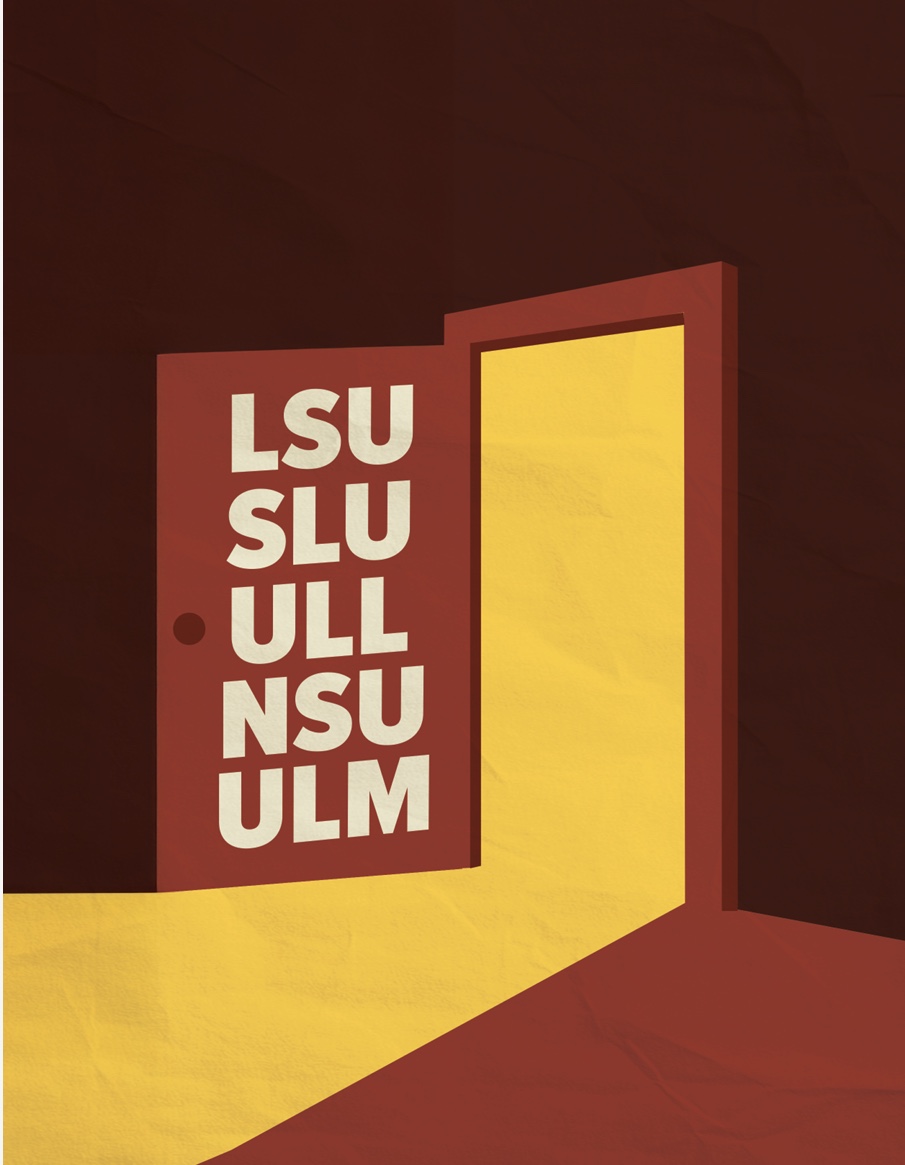There are elements of a Jesuit education which hardly differ from any other university. Then there are those that negatively impact a portion of the student body. Loyola’s decision to bar the creation of an abortion-rights club, even in the presence of Loyola Life, an anti-abortion group, is one of these instances.
The reasons behind the ban are clear: the Catholic position is that abortion is immoral, and the university wishes to protect this viewpoint. However, the existence of an abortion-rights club would not harm the university, but would rather prompt students to give more consideration to the moral issues surrounding abortion.
Allowing the proposed club to form and operate would liven the discussion about abortion on campus. By properly representing the full range of views, such a club would force students to confront their preconceived beliefs and think for themselves. It would expose individuals to new ideas and allow them to understand how others see the issue.
Although the administration may object to this discussion, it is certain that opposition only strengthens conviction. For students who already adhere to Catholic teaching on the topic, it is probable that an abortion-rights group will do nothing to change their mind. Rather, it will help them further articulate their views and learn to cooperate and reason with those who disagree. Thus, the university has nothing to fear from allowing the group to form.
Indeed, allowing an abortion-rights club on campus does not mean the university endorses its viewpoint. In fact, the club would operate entirely independently. All organizations on campus are funded by SGA, which receives its money from fees every student contributes. As such, it only seems reasonable that the spread of clubs offered at Loyola represent the interests of all students. If all students pay for Loyola Life’s operations, students should at least be able to join a club that represents the opposing view of a significant portion of the university’s population.
Further, Loyola’s commitment to a liberal education contradicts its decision to reject the club. It is against our values to silence students, even if they disagree with the university’s stance. If the administration wishes to uphold Loyola’s fundamental liberal principles, it cannot disallow opposition. It cannot stifle discussion of this key issue.
It is a start that expert panels at Loyola are representing abortion-rights views, but this is not enough. There should be an outlet to show that there is an alternative view of abortion. Loyola Life is a respectful club that represents the anti-abortion stance, but there should be a comparable group in opposition.
The administration must no longer silence the abortion-rights segment of the student body, simply because they disagree with one element of Catholic teaching. Merely allowing the club on campus does not mean Loyola supports abortion; rather, it demonstrates that the university supports discussion, debate and freedom of speech.












